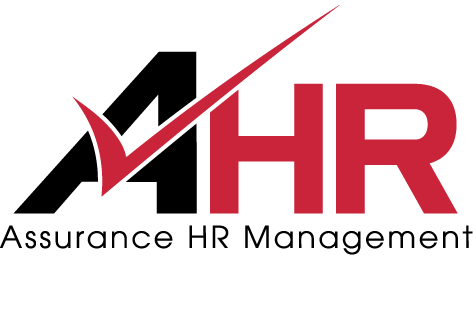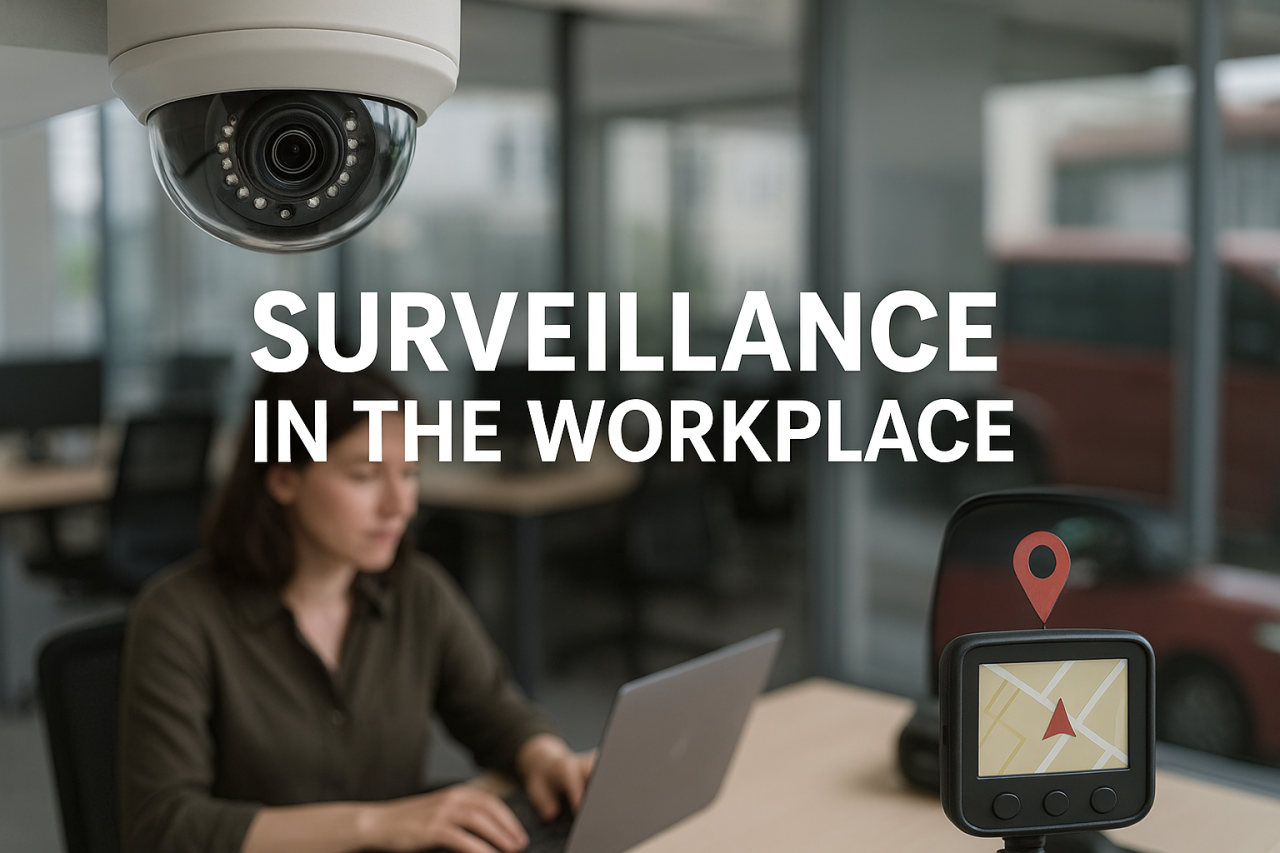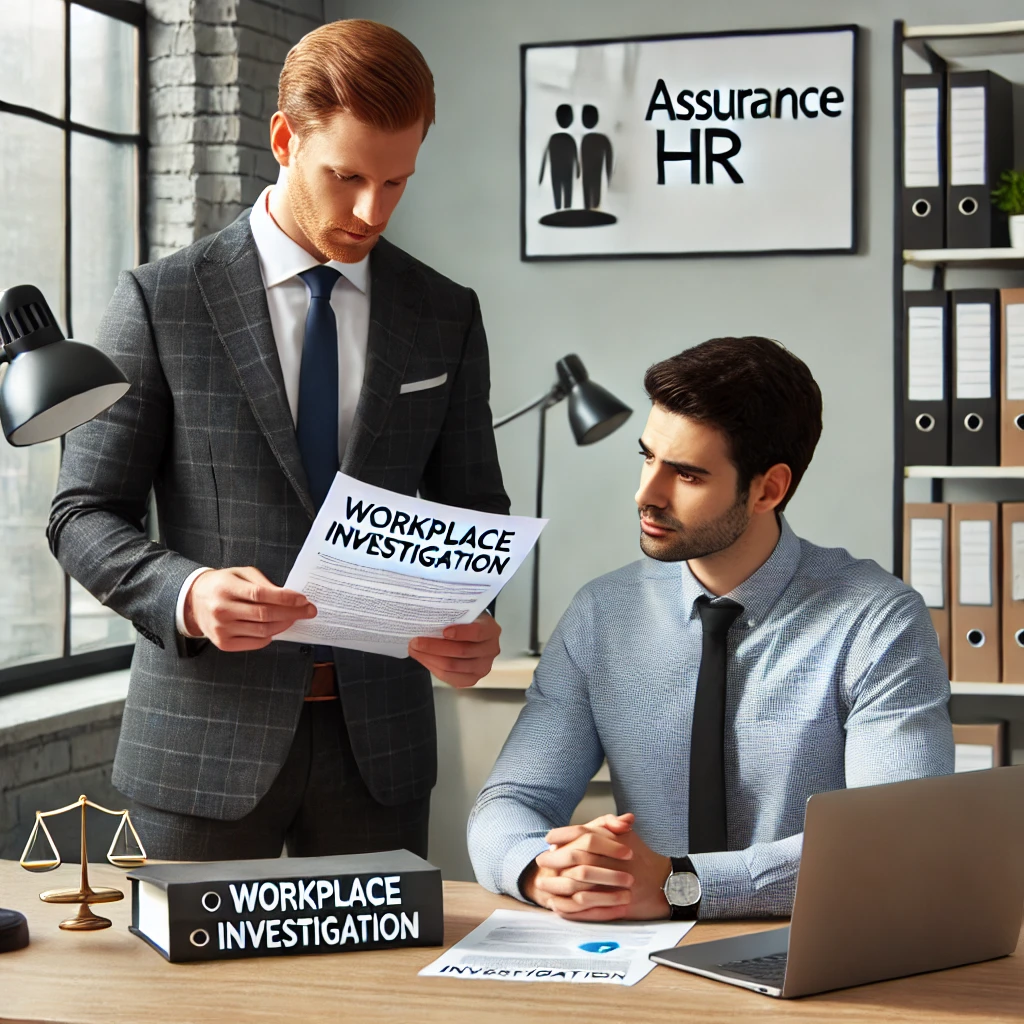8 Common Workplace Investigation Mistakes and How to Avoid Them
Workplace investigations are essential for resolving misconduct, bullying, and safety breaches. However, many organisations make critical errors during this process. These mistakes often lead to unfair outcomes, damaged employee trust, or even legal challenges. Avoiding these common pitfalls is key to conducting a thorough and defensible investigation.
1. Delaying the Investigation
Many businesses make the mistake of delaying the start of an investigation. Whether due to limited resources or the hope that the issue will resolve itself, waiting too long can escalate the problem. Furthermore, delays often result in lost evidence, fading witness memories, or further misconduct. It also signals to employees that management does not take their concerns seriously.
How to avoid it: Act swiftly when a complaint arises. First, set a clear timeline for the investigation process. Then, begin gathering information immediately. Partnering with an external investigator like Assurance HR (AHR) ensures you have the resources to start right away, even when your internal team is busy.
2. Lack of Impartiality
Assigning an investigator with a personal or professional connection to the parties involved is a major risk. This connection can create bias and destroy the credibility of the investigation. Even the mere perception of bias undermines the process and leads to claims of unfair treatment.
How to avoid it: Select a neutral investigator who has no conflict of interest. Consequently, bringing in an external expert like AHR is often the best solution. We guarantee impartiality, which prevents personal interests from clouding the investigation.
3. Poorly Conducted Interviews
Interviews are a critical part of any workplace investigation. However, investigators often fail to prepare properly or ask leading questions. This results in incomplete or biased information. Additionally, if you do not handle interviews sensitively, you may escalate tensions within the workplace.
How to avoid it: Prepare thoroughly before every interview. Develop open-ended, non-leading questions that allow the interviewee to provide a full account. Therefore, the interviewer must remain neutral and professional throughout. AHR’s experienced investigators excel at conducting sensitive interviews to get the facts without damaging relationships.
4. Not Gathering Enough Evidence
Many investigations fail because they rely on insufficient evidence. This happens when investigators overlook important documents or fail to interview all relevant witnesses. Rushed or incomplete investigations lead to incorrect conclusions and expose your business to legal risks.
How to avoid it: Take the time to gather all available evidence, including emails, messages, and physical documents. Review company policies to ensure you follow every procedure. AHR ensures a comprehensive investigation by collecting all necessary data and leaving no stone unturned.
5. Breaching Confidentiality
Maintaining confidentiality is essential, yet it is a frequently overlooked aspect of workplace investigations. Discussing details with uninvolved parties leads to gossip, reputational harm, and legal repercussions.
How to avoid it: Prioritise confidentiality from the start. Only involve necessary individuals and ensure all participants understand the importance of privacy. AHR follows strict confidentiality protocols to protect sensitive information throughout the entire process.
6. Failing to Follow Workplace Laws
An investigation that ignores internal policies or Australian workplace laws is easy to challenge. For instance, failing to provide a fair process or ignoring anti-discrimination laws exposes the business to legal claims and non-compliance penalties.
How to avoid it: Familiarise yourself with both internal policies and relevant Australian workplace laws before you begin. AHR’s investigators possess extensive knowledge of employment law. As a result, we can guide your business through the process to ensure full compliance and fairness.
7. Poor Documentation
Documentation forms the basis of the final report and any subsequent management decisions. Incomplete records weaken your findings and make it difficult to defend your actions if the matter escalates to a legal level.
How to avoid it: Maintain detailed notes throughout the investigation. Record every interview and document every step you take. AHR provides detailed investigation reports that include thorough documentation of all evidence. This ensures your business has a solid record to rely on.
8. Inadequate Communication
Failing to communicate with the involved parties is a common mistake. Both the complainant and the respondent have a right to understand the process. Leaving them in the dark creates frustration, mistrust, and potential legal challenges.




